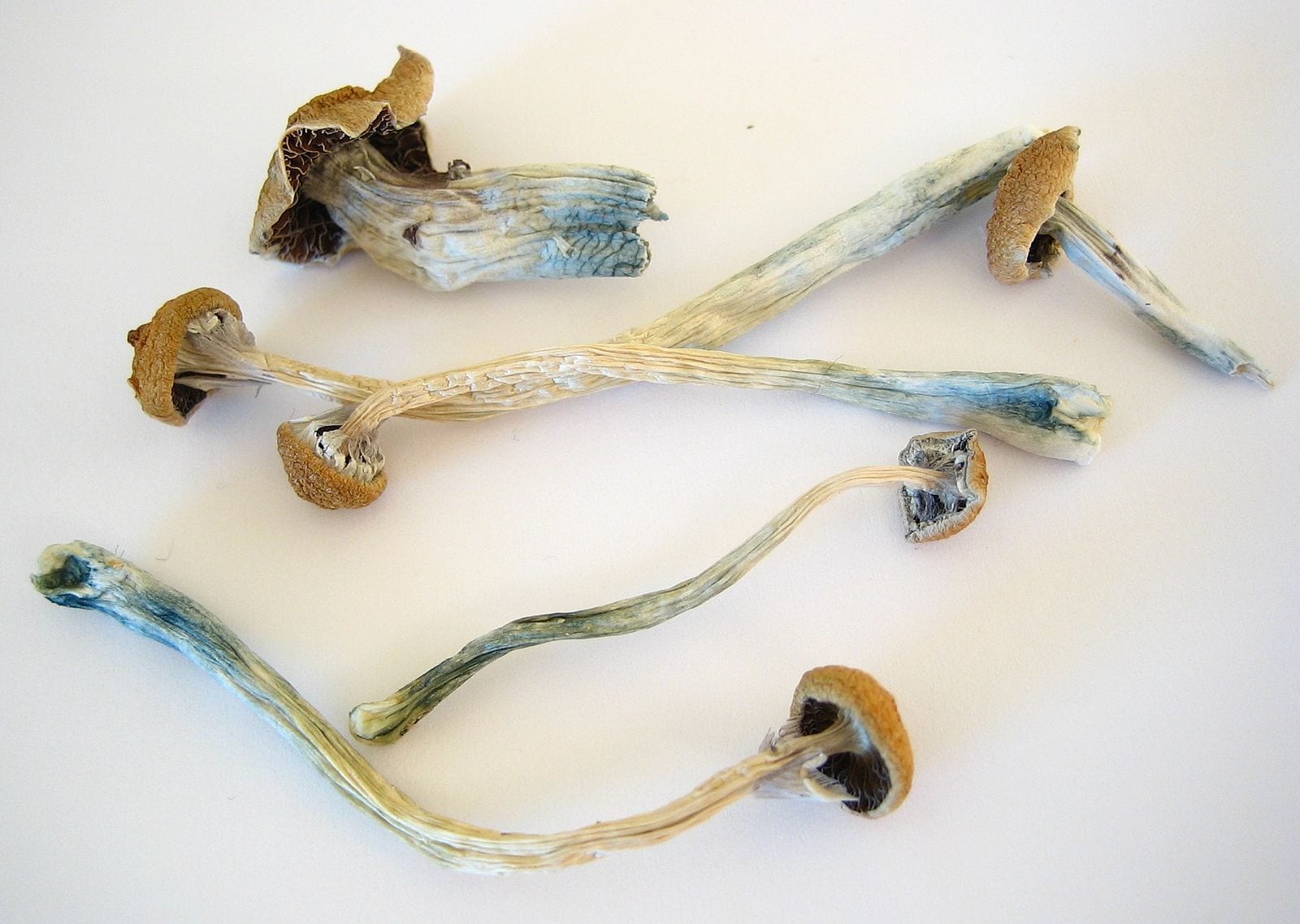The best way to access psilocybin legally is via clinical trials, says Health Canada.
After the federal agency began granting individual access to the illicit psychedelic substance to treat end-of-life distress last year, patients, advocates and lawyers are now criticizing Health Canada for stalling the application process.
“It is important to note that psilocybin is not an approved drug in Canada or any other jurisdiction,” a spokesperson told Mugglehead in an email when asked why some patients are being denied access for conditions similar to previously approved exemptions.
Given that psilocybin is still experimental and doesn’t have the rigorous, science-based review process needed to be approved as a marketed drug, the health agency says the most appropriate pathway to get it is via authorized clinical trials.
“Clinical trials represent the best option for patients, as they protect the best interests of the patients and ensure that the substances are administered in accordance with national and international ethical, medical and scientific standards.”
Read more: Advocacy group drafts medical psilocybin framework for regulated access
Read more: Advocates threaten legal action against Health Canada for delaying patient access to psilocybin
But so far Health Canada has only authorized two such studies for psilocybin. One of them hasn’t even started yet, according to the agency’s website.
The pending study is sponsored by the health research organization Brain and Cognition Discovery Foundation. The other one is funded by psychedelics-focused company Compass Pathfinder Limited (Nasdaq: CMPS) and started in 2019.
Both trials look at the potential use for managing treatment-resistant depression.

Medical professionals are being trained in psilocybin-assisted therapy. Photo via TheraPsil
“Health Canada’s decision to grant these exemptions does not constitute an opinion or endorsement from Health Canada on psilocybin-assisted psychotherapy, training, or the safety, effectiveness, or quality of psilocybin,” the spokesperson added.
As of last Friday, the agency says it’s granted 45 exemptions to people suffering with end-of-life distress related to cancer and amyotrophic lateral sclerosis (ALS) with 53 more applications in queue.
The agency also says it’s given 19 exemptions to health care professionals with 95 applications awaiting review.
Questions around the criteria Health Canada uses to authorize the use psilocybin to relieve severe distress are being raised as it often seems arbitrary and some patients don’t even get an answer for months after applying for authorization.
“Health Canada is committed to carefully and thoroughly reviewing each request for an exemption under the CDSA on a case-by-case basis, taking into account all relevant considerations, including evidence of potential benefits and risks or harms to the applicant,” said the spokesperson when asked about the reasons for delays in response and why some people get answers ahead of others.
Read more: Psilocybin restores brain areas damaged by depression, study shows
Read more: Positions of NIH, FDA signal we’re ‘on the brink of a psychedelic revolution’
When asked why some patients are getting responses ahead of others the agency said that each request is reviewed on a case-by-case basis, “taking into account all relevant considerations, including evidence of potential benefits and risks or harms to the applicant.”
The agency mentioned receiving a high volume of applications coming from health care professionals seeking access to psilocybin in order to improve their knowledge of the psychedelic therapy and support patients who have been granted exemptions.
Advocates continue push for access to medical psilocybin
Last week, Victoria-based non-profit TheraPsil released a draft legalization framework called the Access to Psilocybin for Medical Purposes Regulations (APMPR), after consulting with patients, lawyers and regulatory experts.
The organization helps people access psilocybin-assisted therapy. TheraPsil recently sent a letter demanding Minister Patty Hajdu to grant exemptions to applicants awaiting approval, and to commit to psilocybin regulations without delay.
Patients are also taking legal action against Health Canada, as lawyers say they’re entitled to responses to their applications. Some have waited months without reply. They are seeking for an exemption to section 56 of the Controlled Drugs and Substances Act (CDSA) that prohibits the use of psilocybin.
Minister @PattyHajdu, mental health professional, Elinor Bazar, asks you to "please begin the process to legalize psilocybin assisted therapy in Canada…so that people can make decisions about this treatment with the help of their doctors and access this therapy in a safe way." pic.twitter.com/osoUpYwlcs
— TheraPsil (@TheraPsil) August 10, 2021
Last month, TheraPsil started its second awareness campaign where videos of patients and letters of support will be gathered and sent to health officials in the coming months to create awareness on the usefulness of psilocybin as medicine.
The first federal exemptions for psilocybin were granted last August, after the group’s first awareness campaign.
Other campaigns such as the Medical Assistance in Dying (MAID) Through Their Eyes organized by the Canadian Psychedelic Association want to focus on the use of psychedelics to ease end-of-life distress, identified as the primary reason why people seek medical assistance in dying.
https://twitter.com/c_l_prevost/status/1424840036135038978
Follow Natalia Buendia Calvillo on Twitter
natalia@mugglehead.com













